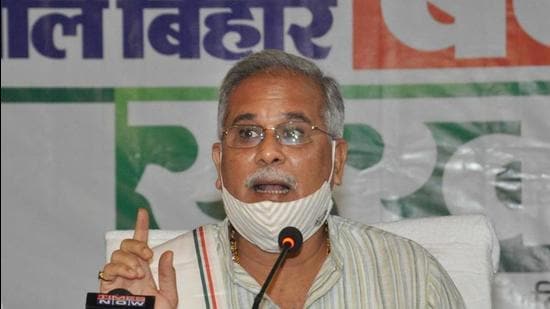In Chhattisgarh, lessons for the State
The Bhupesh Baghel-led government lost an opportunity to bridge the trust deficit with tribals. But it must ensure an independent investigation and justice if it wants to heal the wounds of Silger
Since May 7, residents of Chhattisgarh’s Sukma and Biijapur districts have been protesting against a security camp that was set up at Silger, a “core Maoist area”. The camp was set up without taking the village councils into confidence, even though both districts are Fifth Schedule areas (listed separately in the Constitution in terms of administration on account of the primary population being Scheduled Tribes). On May 17, the police opened fire when over “3,000 tribals” approached the camp and attacked them, according to a police statement; three villagers died. The Sukma district collector ordered a magisterial inquiry on May 23. The next day, protesters filed a formal complaint against the security forces. While the police have declared the deceased to be affiliated with Maoists, their families have denied the charge. No security personnel were injured in the incident.

While expanding State presence through security camps appears logical and right, there is a local context which explains the opposition. For one, large tracts of rich forests are cleared to build camps. Two, tribals are wary of harassment (searches, beatings, sexual assaults, fabricated cases, and fake encounters) that comes with an enhanced security presence. When such incidents take place, the response of the State, in most cases, is insensitive. Without any proper investigation, protesters are declared Maoist sympathisers. And this ends up helping the Maoists in their propaganda.
The Bhupesh Baghel-led government lost an opportunity to bridge the trust deficit with tribals. But it must ensure an independent investigation and justice if it wants to heal the wounds of Silger.
All Access.
One Subscription.
Get 360° coverage—from daily headlines
to 100 year archives.



HT App & Website







